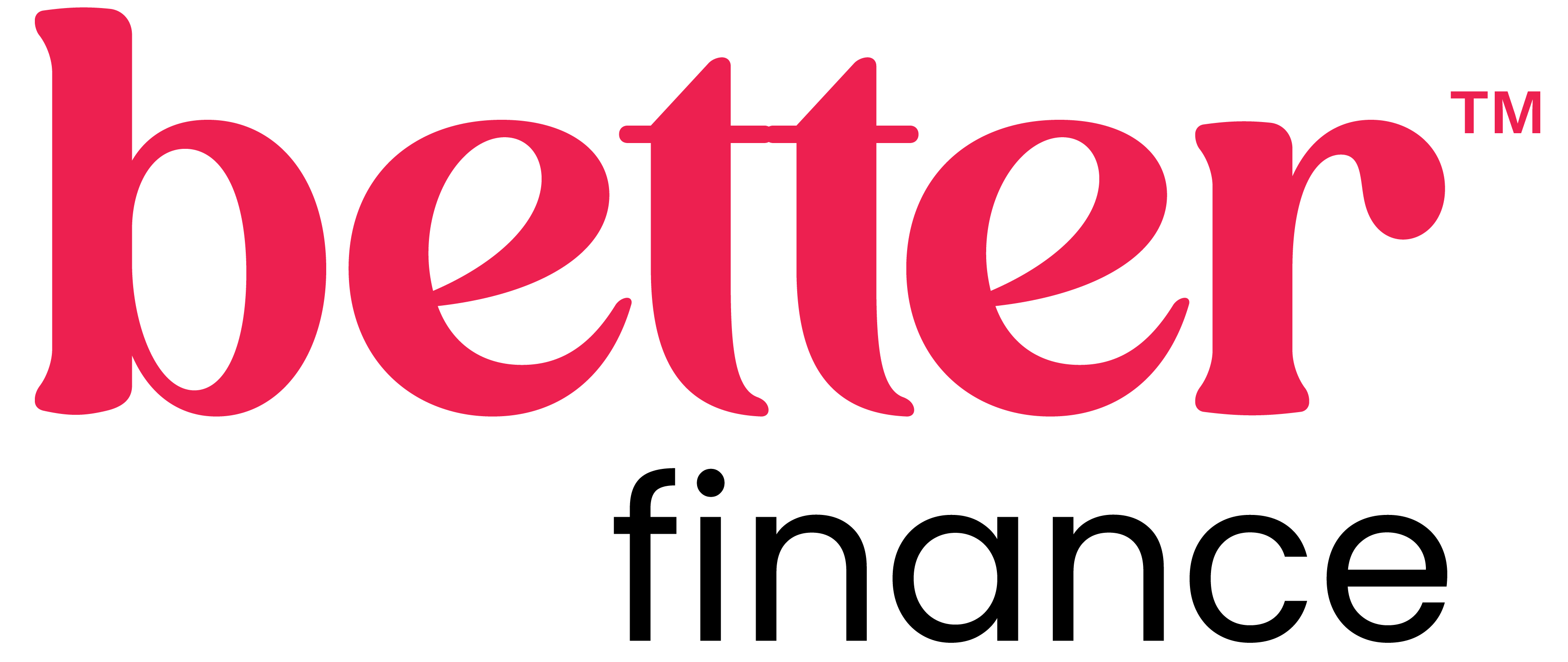
Debt is just a part of life for many of us.
Whether we’re juggling day-to-day living expenses, purchasing cars and houses, or helping our kids to their goals, it is often a useful financial tool to get us where we want to be.
But when it’s mismanaged, debt can have a significant negative impact on our financial lives, which can be hard to shake.
Do you know the difference between good debt and bad debt? Here’s a 101 on the basics to help you make smart financial decisions.
What is good debt?
Debt doesn’t have to be a dirty word.
Debt tip
Debt is “good” when it helps you get to where you want to be or helps to put you into a better financial position than you otherwise would be.
A great example of good debt is a home loan – it’s one of the biggest debts many of us ever have, but it generally leaves us better off.
A student loan for your education can also be good debt, because it may allow you to access employment you would otherwise not be qualified for, and to earn more money over your lifetime.
Business loans can also be good debt, and even a car loan can fit the bill if you don’t have a vehicle and need one to be able to get to school or work.
All of these types of debt can give you access to a higher return on investment than the cost of the debt itself.
What is bad debt?
You probably don’t have to think hard to come up with some examples of bad debt.
High-interest credit cards can be bad debt if you don’t clear the balance every month. Payday loans can also be problematic, as well as some personal loans, if they are taken out for things you don’t really need.
Bad debt tends not to give you any return on the money you’ve spent, often has a higher interest rate and can become overwhelming, leading to financial stress.
Left unchecked or mismanaged, bad debt can cause financial instability.
How to differentiate good debt from bad debt?
There are a few ways you might be able to tell “good” and “bad” debt apart.
 Interest rate
Interest rate
If you’re facing a very high interest rate, chances are it may be bad debt.
 Purpose
Purpose
Why are you borrowing the money? If it’s for an investment in yourself, an asset, or someone else, it may well be good debt. But if you’re borrowing to spend on something you might not even own, or remember using, in a year’s time, it may be bad debt.
 Is it short-term or long-term?
Is it short-term or long-term?
Good debt is often for long-term growth and is managed over a period of time. Bad debt tends to just be a drain on your resources, and the longer it sticks around, the more problematic it may be.
When can bad debt become good debt?
Even if you have bad debt, there are ways to turn it around and get your debt under control.
You may be able to turn your bad debt into something better in a few ways.
 Consolidation
Consolidation
Debt consolidation can sometimes be appropriate. If you have high-interest debt, it may be possible to consolidate it into a lower-interest loan. If you have a lot of different debts and you’re worried about your ability to keep track of them all, this can also be an option that is worth considering.
 Think about what you’re using it for
Think about what you’re using it for
Consider whether you can use your debt to invest in things that will provide future financial returns, rather than simply quick spending hits.
 Manage your debt
Manage your debt
Whether it’s good debt or bad debt, it’s important to have a clear management strategy. Keep track of what interest rate you’re paying, what you owe and how well you’re on track to clear it. Paying off your debt as quickly as you can might help bad debt turn into manageable debt.
Why is it important to manage debt wisely?
When it’s managed well, debt can help you build your credit history and your overall wealth.
But when it gets out of hand, bad debt can have the opposite effect.
Before you borrow money, it’s important to understand the risks and rewards of what you plan to do – and to work out how it fits into your overall financial plan and individual goals.
Try these practical steps:
Track debt repayments and stay organised: As well as helping to ensure you don’t miss payments, tracking your progress will help you celebrate your milestones as you pay down what you owe.
Prioritise paying off high-interest debt first: High-interest debt can be expensive, and it may make sense to use any additional funds you have to clear it as soon as you can.
Use credit cards responsibly and avoid overspending: Credit cards can be a handy tool, but their balance should be cleared each month so you don’t pay interest.
Create a budget that includes debt repayment and savings: Having a clear idea of where your money is going each payday and what you need to do to reach your goals may help you feel more in control.
Building a strong financial future with debt
While you’re paying off your debt, you may need to ensure you keep up with your other financial targets.
Investing
When it comes to investing, time is a big asset because it allows your returns to compound over time. This means it may make sense to start investing alongside your debt repayment, not wait until you are debt-free. This will depend on your individual budget and circumstances. We recommend speaking to a financial adviser who can make recommendations based on your specific situation and objectives.
Retiring
If you can, it may be helpful to contribute at least as much to KiwiSaver as your employer will match. Your retirement savings should keep building in the background as you work on your debt. A financial adviser can help you determine if this is appropriate for your situation.
Staying motivated to pay off debt
It’s generally much easier to pay off debt when you’re motivated and enthusiastic about it. It can take a while, though, so sometimes some strategies are needed.
Stay motivated by setting realistic goals and milestones, and celebrate when you achieve them.
There are many online tools and apps that can help you, such as Sorted’s budget planner.
Debt tip
Share your plans and strategies with other people who can help you stay accountable.
better financeTM’s commitment to help manage debt
At better financeTM, we’re not just personal lending experts – we are committed to helping people make smarter financial decisions.
Having a plan and seeking advice where appropriate can make a big difference to your financial outcomes.
If you need help with any aspect of your debt or want to discuss your personal lending options, we are here to help.




.png?width=360&name=Better%20blog%20images%20(10).png)